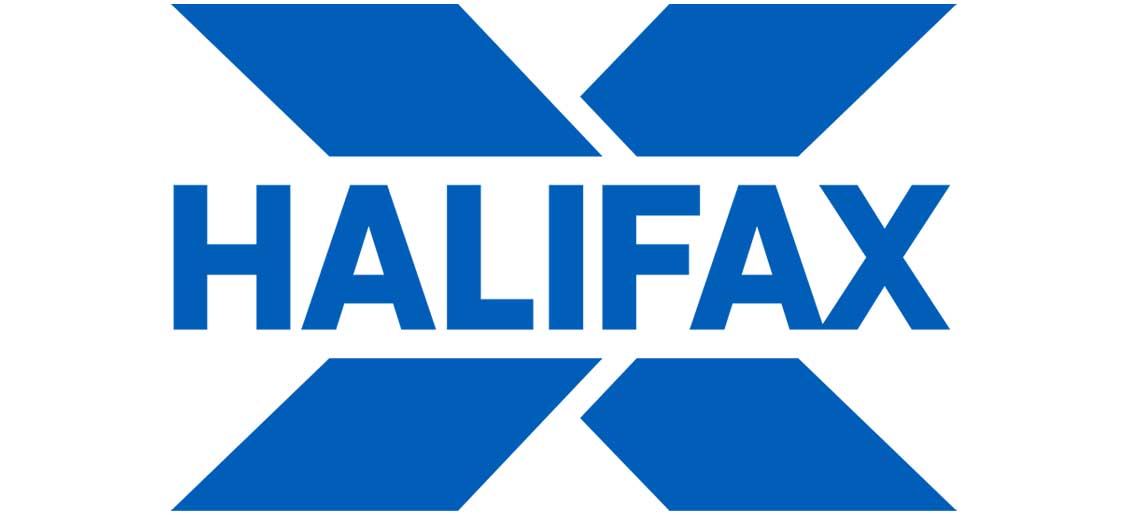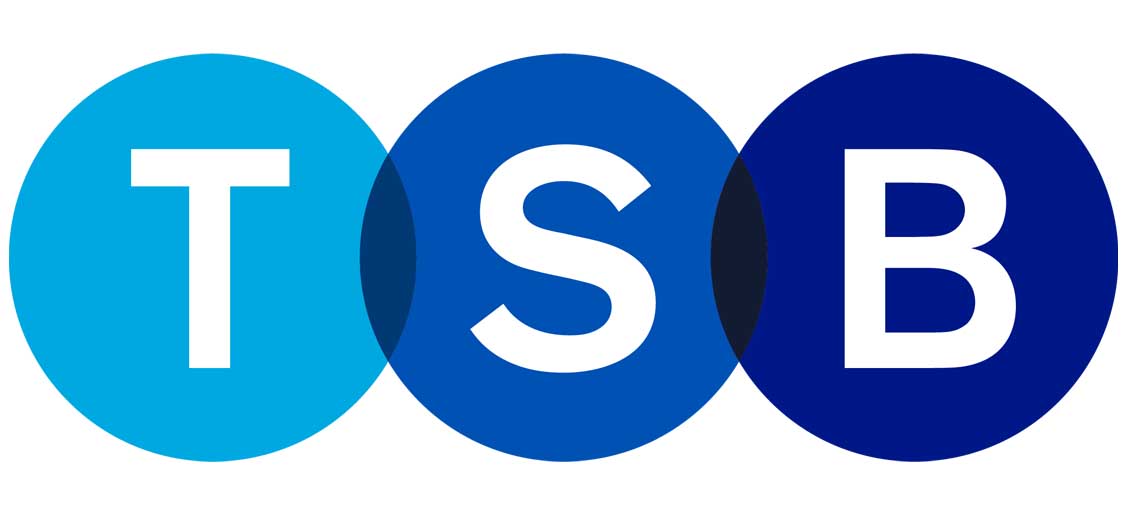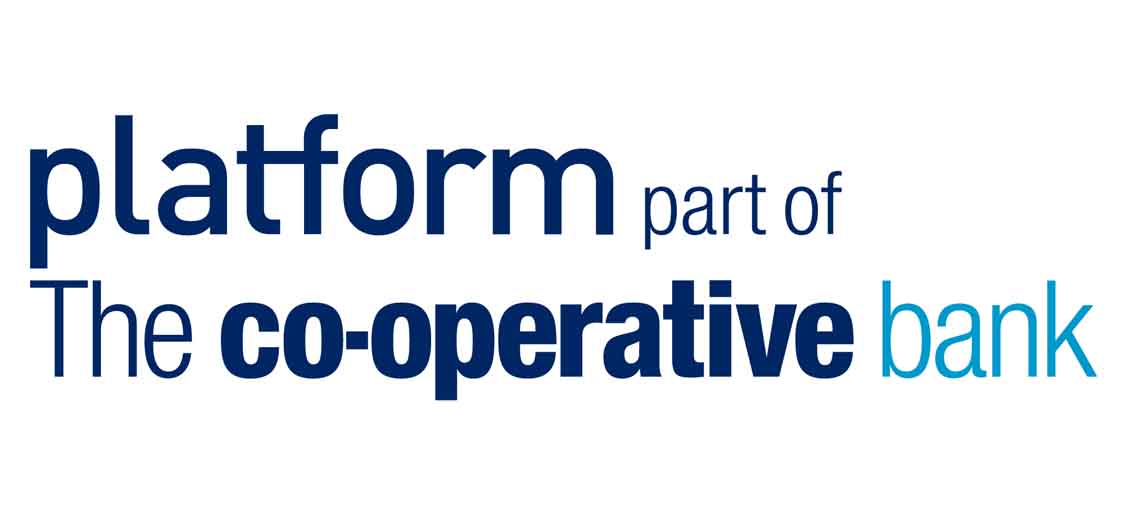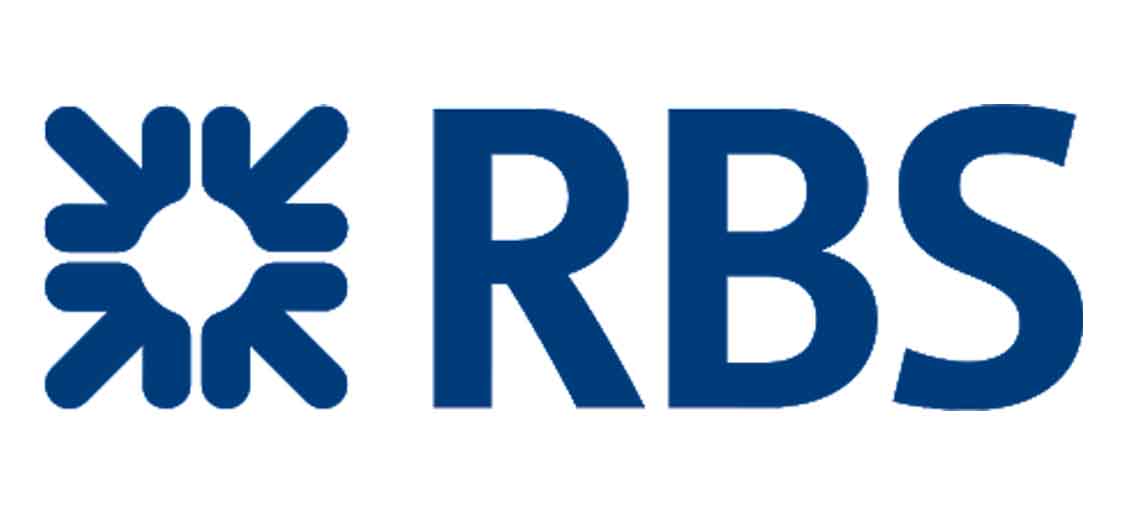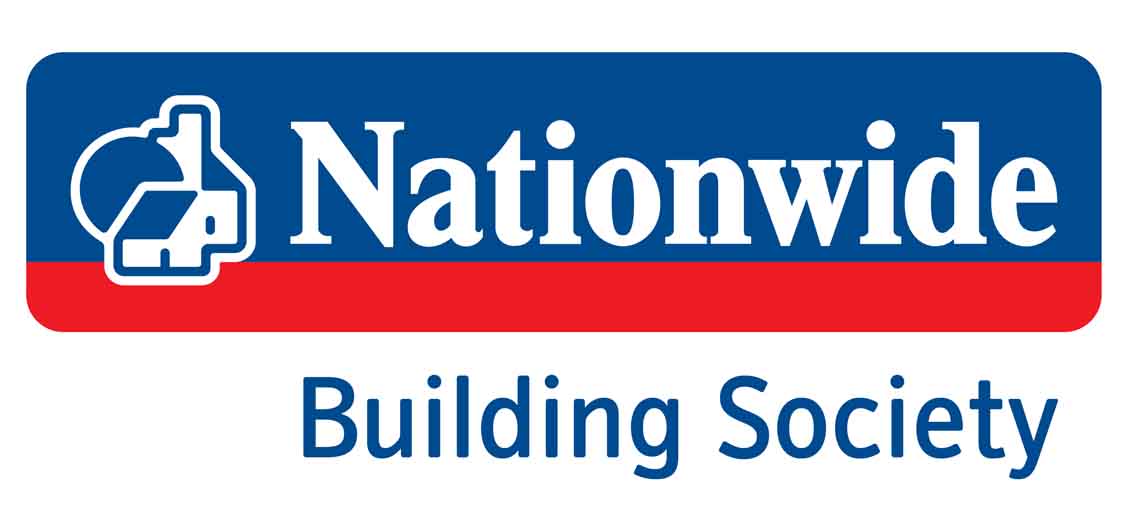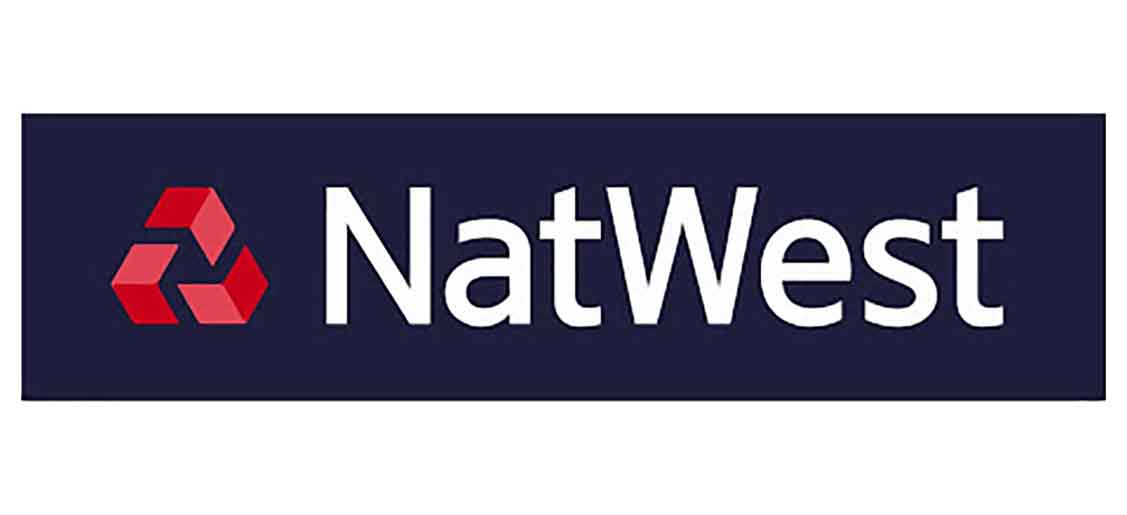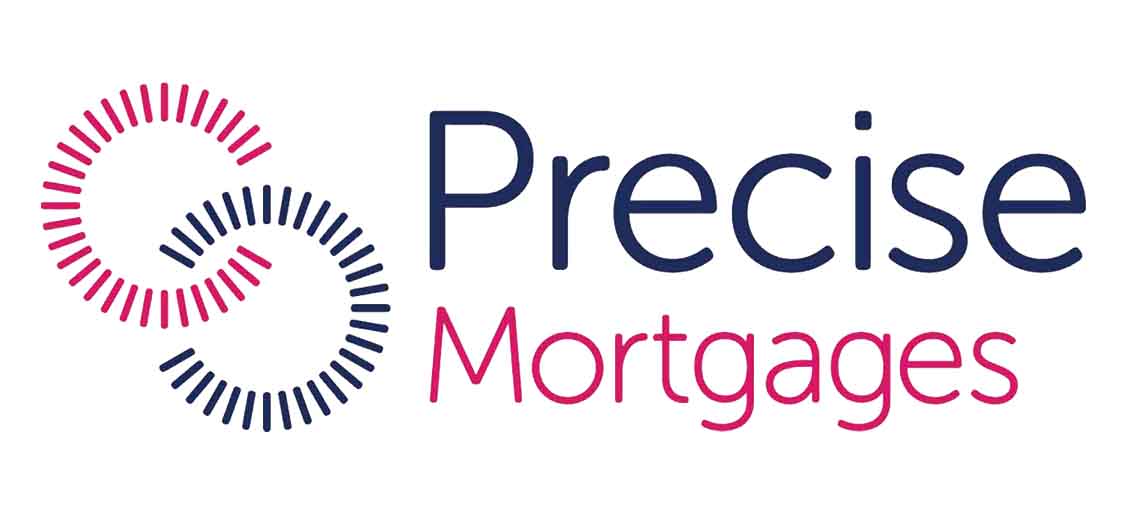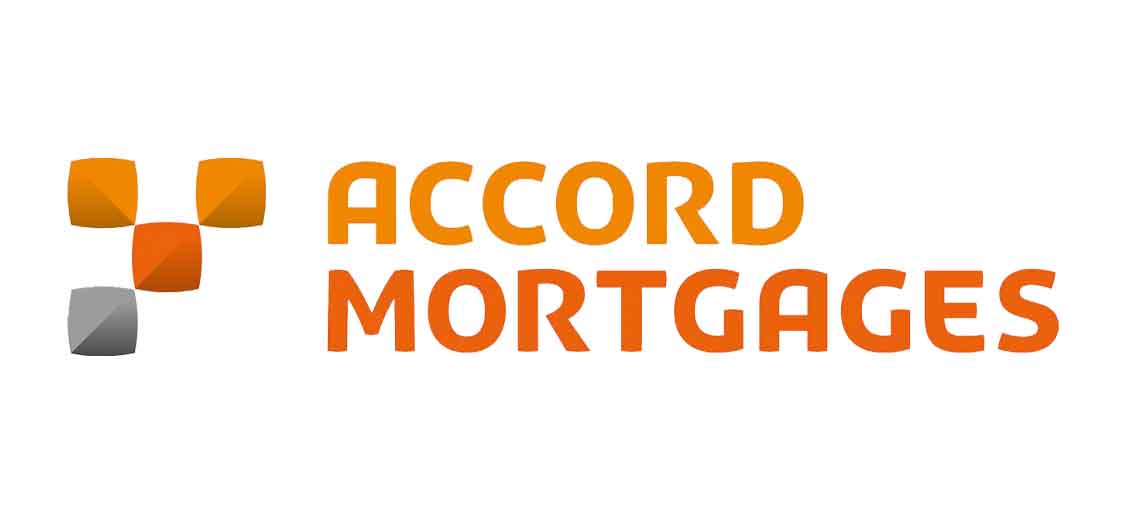What is equity release
Understanding Equity Release
As you approach retirement, your home might hold a significant amount of accumulated value, known as equity. Equity release allows you to access some of this equity as a tax-free lump sum or smaller regular payments to supplement your retirement income. However, it’s a complex financial decision with long-term implications. Let’s explore what equity release entails and how a mortgage broker can guide you through the process.
Check out our brief video below ⬇️
Equity Release and Lifetime Mortgages advice needs are referred to a third party. Neither Your Property Financial Ltd nor PRIMIS are responsible for the service received from the third party.
Firstly, your equity is the total market value of your home, less any mortgage you haven’t yet repaid. In short, it’s the sum you’d walk away with if you sold the home for cash.
But if you don’t want to sell your home, you could be able to access a large portion of this money. Once your existing standard mortgage is repaid, you can consider an equity release arrangement.
Equity release can help you raise funds to spend while enabling you to continue living in your home. It can be used for any reason you wish and is particularly useful for covering large expenses.
Let’s look at the typical reasons you’d raise funds through equity release:
- Repay your existing mortgage as you approach retirement.
- Capital for home improvements
- Purchasing a new car
- Raising funds to gift and support loved ones onto the property ladder
- Fund travelling and holidays
You should seek professional advice before proceeding to take out any equity release mortgage, as it could impact your entitlement to state benefits.
How does equity release work?
An equity release provider will provide you with either a lump sum or an income in exchange for part of the value of your home. This is achieved either using a type of mortgage or by selling that portion of your home on the condition that you can continue to live there as long as you wish.
What are the different types of equity release?
The two popular types of equity release are
What’s the benefit of Equity Release?
The obvious advantage of equity release is that it gives you funds to spend now, rather than leaving it locked away in your home. The UK’s long rise in house prices means that a large proportion of homeowners’ wealth is in their property, and is therefore inaccessible unless they sell or borrow the funds from the property. If your home has increased in value over the years, equity release enables you to raise funds to supplement your retirement income – instead of leaving it all to your beneficiaries, or to be used up potentially at a later age to cover your long-term care costs.
What are the potential disadvantages of Equity Release?
The main disadvantage of equity release is that it does not pay you the full market value for your home as the lender (just like a normal mortgage) requires some equity still left in the home. You will therefore receive less money than you would from selling the property– although of course in that situation you would still have to find somewhere else to live.
Another downside of equity release is that it will reduce the amount of potential inheritance you can leave behind to your beneficiaries. The specific risks vary with the type of scheme you choose but of course, there could be advantages to releasing equity now.
For example, you may wish to gift funds to your loved ones earlier than your passing so as to help them earlier and for you to be around to see the benefits of that.
Equally, you may wish to spend the equity (funds raised from Equity Release) earlier in your retirement whilst you have your health vs them being left unused or indeed used to fund your long-term care if applicable at a later age.
Are you protected when using equity release?
In short, yes, absolutely. Firstly, the Equity Release Council was set up to protect people from losing out on these schemes. Any equity release company that has the Equity Release Council logo on its products must ensure you can still live in your home until you die or move into permanent care. They must also ensure that you will never owe them more than the total sale price of your home, even if its value goes down.
You also have the right to ask a solicitor to check all the documents before signing up to a scheme.
Additionally, you will have been advised by a mortgage broker who is qualified not only in regulated mortgage advice but also in regulated equity release advice. This ensures you’re getting the most suitable advice for your circumstances and you, therefore, fall under the care of your mortgage broker.
Important
A Lifetime Mortgage will reduce the value of your estate and may affect your entitlement to means-tested benefits and tax status.
The impact of not servicing monthly interest payments on a Lifetime Mortgage is that the outstanding debt can grow rapidly, thus reducing the value of your estate.
For example, if the interest rate was 7% a year, a £50,000 loan would double to £100,000 after 10 years, assuming no repayments are made.
This is an example for illustrative purposes only and personalised advice and recommendations should be sought from a qualified professional. You are strongly advised to register a lasting power of attorney. This will allow your affairs to be managed by somebody else if your mental abilities significantly decline.
Is equity release a good idea for me?
Whether equity release is right for you or not will depend on your circumstances. Some reasons to consider are:
- Will your current savings and/or sources of income be enough to meet your needs in retirement
- You don’t want to (or can’t) downsize
- You don’t mind reducing your family’s inheritance (or you have no beneficiaries)
Some reasons to choose an alternative to equity release include:
You can meet your income needs in retirement from other sources
You have the opportunity to release money from your home by downsizing
You want to preserve as much of your estate as possible for your family to inherit
An independent financial adviser has told you this option is not the best one for you
When can I apply for equity release?
The minimum age for taking out a lifetime mortgage is usually 55. The minimum age for a home reversion scheme may be 60 or 65.
How do I apply for equity release?
Your financial adviser or mortgage adviser can help you decide whether an equity release scheme is appropriate, or whether you should consider other options, such as downsizing instead. Your adviser can also find the best one for you from the whole of the market and set it up for you. As an extra safeguard, have your solicitor check over the agreement you have with the equity release company before signing it. You will also typically obtain independent legal advice relating to the transactions before proceeding to complete.
What are the typical cost to set up an Equity Release mortgage or scheme?
There are a few up-front costs involved in setting up an equity release scheme.
Costs can include:
- Valuation fees
- Legal fees
- Mortgage advice fees
- A mortgage arrangement fee from the provider
- A completion fee (when the scheme ends)
These costs can vary, but you should allow for around £3,000.
Equity Release and Lifetime Mortgages advice needs are referred to a third party. Neither Your Property Financial Ltd nor PRIMIS are responsible for the service received from the third party.
Your broker is here to help
Often, the lenders will make assumptions or, even worse, let the computer make the decision on whether to lend to you. This is where we step in and help advise and arrange to ensure you get the correct mortgage and consideration by the lender at the application stage and we present your application in the best possible light; therefore increasing your chances of acceptance at first application.
Our team of mortgage brokers are here and ready to assist you and we can speak at a time convenient for you and even over a video call if you prefer a face-to-face conversation with your advisor.
Complete your details below and we’ll be in touch to help you with your enquiry
Highlights
- How does equity release work?
- What are the different types of equity release?
- What’s the benefit of Equity Release?
- What are the potential disadvantages of Equity Release?
- Are you protected when using equity release?
- Is equity release a good idea for me?
- Some reasons to choose an alternative to equity release include:
- When can I apply for equity release?
- How do I apply for equity release?
- What are the typical cost to set up an Equity Release mortgage or scheme?




